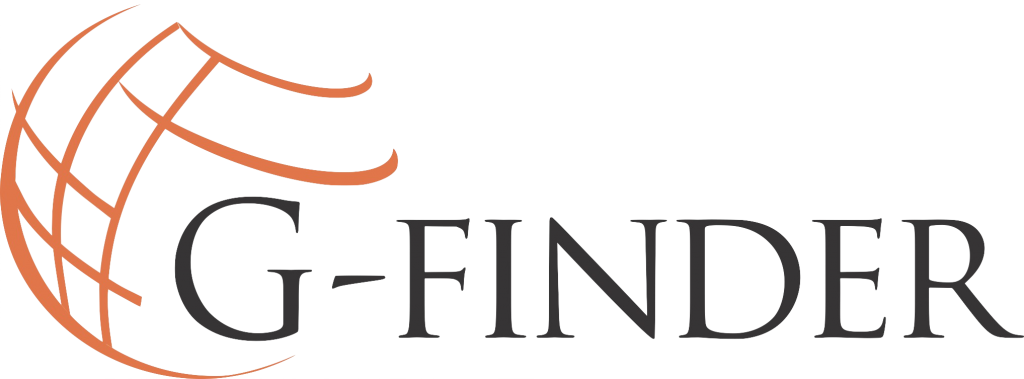EVIDENCE
The work of Policy Cures Research is underpinned by comprehensive data collection and evidence generation in two primary areas: global health R&D funding and the landscape of global health products and pipeline candidates.
Global health R&D funding data is collected from organisations via the annual G-FINDER survey. This provides an unmatched resource for funders, policy makers, researchers and industry that describes the R&D funding landscape for global health priority areas, showing where funding gaps exist and how each funder’s investments fit into the global picture.
Data on approved products and candidates in the R&D pipeline are collected and updated using publicly available information. This data complements the funding data, to provide similar global health actors with much-needed tools to evaluate and prioritise R&D efforts. It also supports impact assessments for products in use and candidates under development, with a view to accelerating progress and achieving more efficient allocation and mobilisation of funding.
G-FINDER
The G-FINDER project tracks annual investment into R&D for new products and technologies that are designed to address the persistent global health challenges disproportionately affecting the world’s most disadvantaged people. This includes funding for basic research and the development of new drugs, vaccines and diagnostics for global health priorities including neglected diseases, emerging infectious diseases, and sexual and reproductive health. G-FINDER is primarily funded by the Bill & Melinda Gates Foundation with additional support from Open Philanthropy and the Australian Department of Foreign Affairs and Trade.

Infectious Disease R&D Tracker
The Infectious Disease R&D pipeline tracker contains a rich database of approved health products and technologies (approved since 1999 onwards), as well as active candidates in the development pipeline for a range of neglected and emerging infectious diseases. Data for the Infectious Disease R&D Tracker was collected as part of the Evidence for Impact project. This project aims to assess the health and economic impact of the past 20 years of investment in R&D for neglected and emerging infectious diseases, while also seeking to establish a framework that the community can leverage to track and evaluate the impact of investment in global health R&D on an ongoing basis. The project has been funded by the Bill and Melinda Gates Foundation, Open Philanthopy and Wellcome.
Maternal Health Pipeline
The Maternal Health Pipeline was created as part of the Accelerating Innovation for Mothers (AIM) project – spearheaded by the Concept Foundation and delivered in partnership with Policy Cures Research and Burnet Institute. It is a database profiling all medicines, diagnostics and devices that have been approved for use or investigated (at any stage of discovery, preclinical and/or clinical development) for seven maternal health conditions since 2000: preterm labour/birth, preeclampsia/eclampsia, intrauterine growth restriction, postpartum haemorrhage, intrapartum foetal distress, maternal enteric microbiome/environmental enteric dysfunction and maternal iron deficiency anaemia.
Snakebite Envenoming Medicines Database
The Snakebite Envenoming (SBE) Medicines Database contains medicines with direct action on snake venom toxins, that have either been investigated or have been available for clinical use since 2015. As of September 2022, this database provides the most up-to-date view of the landscape of available products and investigational candidates for SBE. It was created in partnership with Wellcome.
COVID-19 R&D Tracker
The COVID-19 R&D Tracker provided a regularly updated summary of announced R&D funding commitments and the status and makeup of the pipeline for SARS-CoV-2 from the beginning of the pandemic to the end of 2021. The tracker was updated weekly and unlike G-FINDER, relied on publicly announced funding commitments, rather than annual reporting of actual disbursements. The reported figures exclude, as far as possible, health systems funding, funding for large scale product manufacture and, in the case of the pipeline, duplicate trials of the same product or product combination.